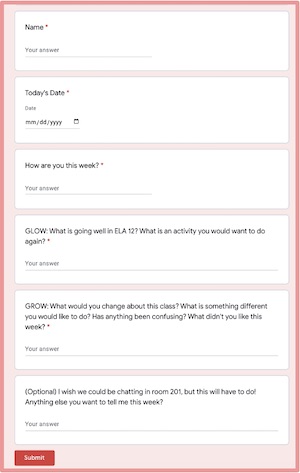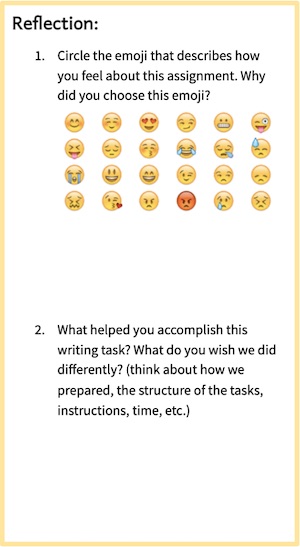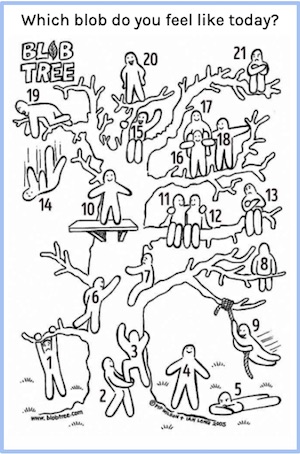Rituals That Will Enhance Your Self-Care (Part 2)

By Orfelina Cisneros
Earlier this week I shared how you can use affirmations and practicing gratitude as part of your self-care routine . There is no doubt that the past year has been challenging to handle for many of us educators; we feel isolated and lonely and limited on the things we can do. Despite that, it is a new season for a fresh start and new opportunities to move forward and make the best choices we can at this time. Self-care supports all dimensions of wellness, and if we add daily rituals to our daily self-care practices, we will be happier, positive, and purposeful with our lives. Today, I bring you two additional strategies I’ve used to support staff and students during the pandemic:
Journaling
Journaling has the benefit of collecting our thoughts, and it is an easy way to let go of things you can’t change. There is not any specific way for journaling besides allowing your mind to unpack by writing down your thoughts. This practice is not limited to any particular topic, and you don’t need an agenda besides a few minutes at any time that works for you. One simple way is to start with the questions: What do I want? What do I need? The rest will be up to how much time you can invest in allowing your thoughts to dissolve while writing. Just getting started on journaling? Here’s a great website to help you as you begin: https://www.developgoodhabits.com/what-write-journal/
Kind Notes
Sending a written note is one of the most significant ways to connect with others. Sending others words of encouragement and support is something that no one can have enough of. Sometimes sharing how we feel and caring about others is the best kind thing we can do for ourselves. Many of us have felt isolated during quarantine, and writing kind notes is a simple way to connect and engage with others, as well as build our sense of belonging. A message to appreciate others can be someone you know or a stranger you wish to send loving-kindness. You can find out more about kind notes here: https://jenniferbelthoff.com/love-notes
Have you used journaling or kind notes as self-care within your school community? As you celebrate Educator Appreciation Week, how have you been encouraging self-care? We’d love to learn from your experiences! Leave a note in the comments or find us on Twitter @InclusiveEdNY
About Orfelina
Orfelina Cisneros is a professional school counselor working at the Academy of the City Charter Middle School. She is passionate about helping children and adults use social-emotional tools and strategies to become aware of managing emotions and feelings to support their daily self-care practices. Feel free to reach out at ocisneros@academyofthecity.org






